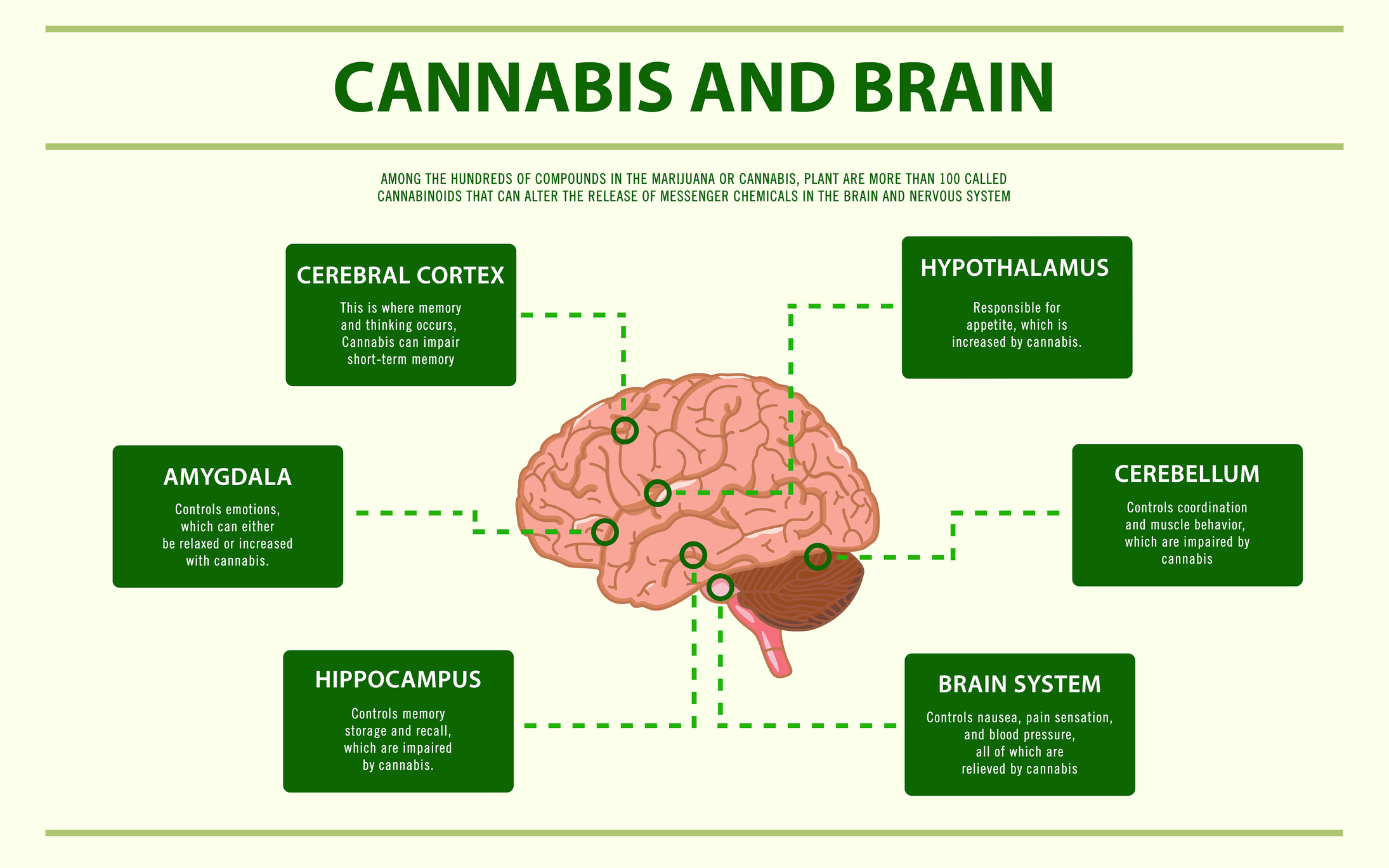Focus on Prevention
Marijuana
Marijuana, also known as cannabis, is a psychoactive drug derived from the Cannabis plant. It has been used for medicinal, recreational, and industrial purposes for centuries. Here is an overview of marijuana and cannabis information:
Active Compounds
- THC (Tetrahydrocannabinol): THC is the primary psychoactive compound in marijuana responsible for the “high” or euphoria associated with its use.
- CBD (Cannabidiol): CBD is another major compound in cannabis but does not produce the same psychoactive effects as THC. It is being studied for potential medicinal benefits.
Medicinal Uses
- Marijuana has been used medicinally for pain relief, nausea reduction (especially in cancer patients undergoing chemotherapy), and appetite stimulation.
- It is also being explored for its potential therapeutic effects in managing conditions like epilepsy, multiple sclerosis, and chronic pain.
Recreational Use
- Many people use marijuana recreationally for its psychoactive effects, relaxation, and altered perception of time and space.
Legal Status
- The legal status of marijuana varies widely around the world and within different regions of countries.
- Some places have legalized marijuana for medical and/or recreational use, while others strictly prohibit its use.
Forms of Consumption
- Smoking: Smoking the dried flowers or buds is a common method.
- Vaporizing: Inhaling vapor from heated marijuana, which may be considered a less harmful alternative to smoking.
- Edibles: Consuming cannabis-infused food products.
- Tinctures: Liquid extracts consumed sublingually (under the tongue).
- Topicals: Creams, lotions, or balms infused with cannabinoids for localized effects.
Potential Risks
- Impaired Cognitive Function: Marijuana use can impair cognitive functions such as memory, attention, and decision-making.
- Addiction: While less addictive than some other substances, regular use can lead to dependence in some individuals.
- Mental Health: There is a potential link between marijuana use and mental health issues, particularly in individuals predisposed to conditions like anxiety or schizophrenia.
Cannabis Culture
- Cannabis has a rich cultural history, with social and artistic movements often associated with its use.
- Cannabis strains have different characteristics, and enthusiasts may explore various strains for specific effects.
Regulations and Trends
- Marijuana legalization and attitudes toward its use are evolving, with increasing acceptance in some regions.
- The cannabis industry is growing, with the development of legal markets for both medicinal and recreational products.
Marijuana Extracts
Smoking THC-rich resins extracted from the marijuana plant is on the rise. People call this practice dabbing. These extracts come in various forms, such as:
hash oil or honey oil—a gooey liquid
wax or budder—a soft solid with a texture like lip balm
shatter—a hard, amber-colored solid
These extracts can deliver extremely large amounts of THC to the body, and their use has sent some people to the emergency room. Another danger is in preparing these extracts, which usually involves butane (lighter fluid). A number of people have caused fires and explosions and have been seriously burned from using butane to make extracts at home.
Nicknames and Slang for Marijuana
There are a variety of other marijuana synonyms and street names. Learning these terms can help you determine if your child or loved one is using marijuana and trying to hide it.
Common Nicknames for Marijuana
- 420
- Bud
- Dope
- Grass
- Hemp
- Herb
- Mary Jane
- Pot
- Reefer
- Weed
- 420
- Bud
- Dope
- Grass
- Hemp
- Herb
- Mary Jane
- Pot
- Reefer
- Weed
Less common nicknames include:
- Afghan
- Arizona
- Ashes
- Aunt Mary
- Bernie
- Bhang
- Blaze
- Bogart
- Broccoli
- Catnip
- Cheeba
- Chippie
- Chronic
- Cripple
- Dank
- Devil’s Lettuce
- Giggle Smoke
- Hay
- Hot Stick
- Jay
- Joy Smoke
- Joy Stick
- Juanita
- Nug
- Nuggets
- Parsley
- Roach
- Sinsemilla
- Skunk
- Spliff
- Tobacco
- Toke
Other names for certain kinds of marijuana include:
- Edibles: marijuana mixed in foods like cookies, brownies, lollipops, or gummy bears, which are often preceded by the words “special” or “medicated” (such as “special brownies” or “medicated lollipops”)
- Ditch Weed: marijuana found in the wild
- Hydroponic Weed: marijuana grown without soil
- Marijuana Concentrates: concentrated forms of the cannabinoids (compounds found in cannabis) THC and/or CBD
Other names for hydroponic weed include:
- Animal Cookies
- Chicago
- Dro
- Droski
- Gigi
- Girl Scout Cookies
- Mochi
- Platinum Cookies
- Skywalker
- Tahoe
Other names for marijuana concentrate include:
- Badder
- BHO
- Budder
- Crumble
- Dabs
- Ear Wax
- Errl
- Hashish
- Hash Oil
- Honey Oil
- SAP
- Shatter
- Wax
Impact on the Brain
Marijuana, or cannabis, can have various effects on the brain due to its active compounds, particularly tetrahydrocannabinol (THC). Here are some ways in which marijuana use can affect the brain:
